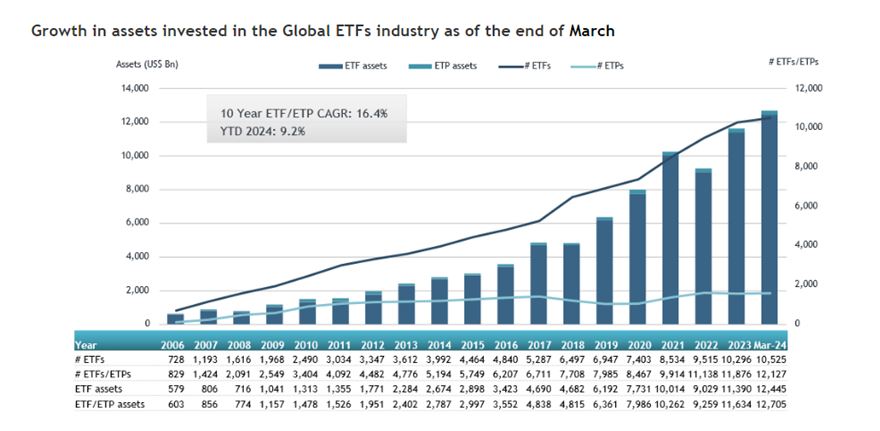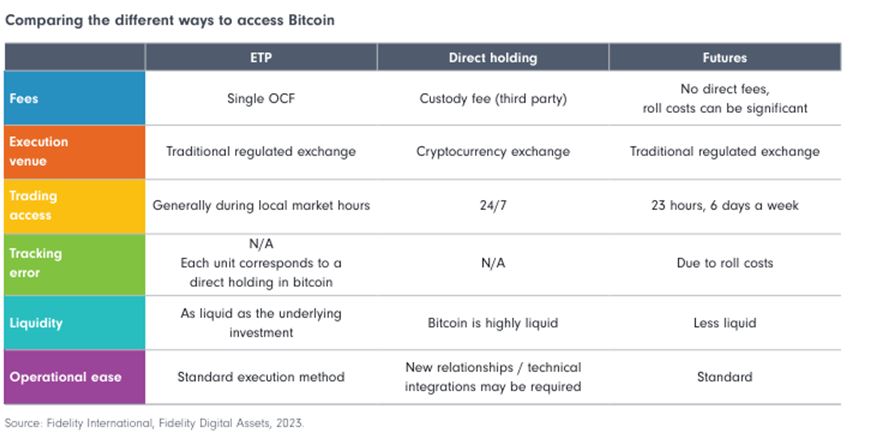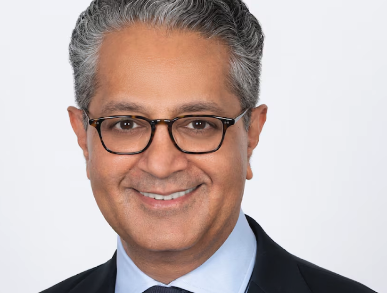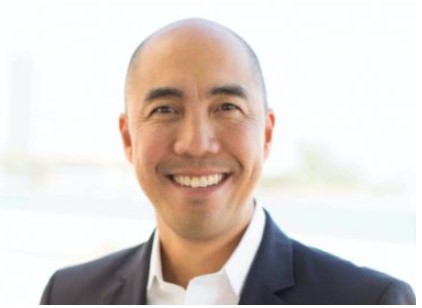UBS Global Family Office Report 2024: balance is back
| By Marcelo Soba | 0 Comentarios

UBS has released its Global Family Office Report 2024, with data from 320 family offices in seven regions around the world. The report, which represents families with an average net worth of $2.6 billion and covers more than $600 billion of wealth, confirms that it is the most comprehensive and authoritative analysis of this influential group of investors.
Among the most notable findings is that portfolios shifted to more balanced allocations, with the largest weighting in developed market fixed income in five years. In addition, confidence in active management as a means of portfolio diversification increased, while artificial intelligence (AI) leads investment themes. On the other hand, alternative investments continue to form a significant part of portfolios, providing an additional source of diversification and return. What family offices are most concerned about, in the medium term, is the danger of a major geopolitical conflict, climate change and high levels of debt.
“Our 2024 report shows that family offices followed through on the plans for material shifts in strategic asset allocation foreseen in 2023’s report. By increasing weightings in developed market fixed income, they reintroduced greater balance between bonds and equities,” said George Athanasopoulos, Head of Global Family and Institutional Wealth, Co-Head of Global Markets at UBS.
Benjamin Cavalli, Head of Global Wealth Management Strategic Clients at UBS, highlighted: “The enlarged and globally comprehensive dataset allowed us to deepen our analysis and gain insights on how family offices’ operating businesses impacted their asset allocation. This enables us to provide them with tailored findings and advice.”
Allocations shift to more balanced portfolios, geographical tilt towards North America
The 2024 survey showed that family office portfolios moved back to a greater balance between bonds and equities. Possibly adjusting for a world of moderating inflation and declining policy rates, this change appears to reflect elevated bond yields, and it is consistent with the moves foreshadowed by last year’s report.
On average, family offices have kept their largest regional allocations in North America (50%), over a quarter (27%) in Western Europe, and 17% in either Asia-Pacific or Greater China. Looking ahead, North America and Asia-Pacific (excluding Greater China) are set to be the top destinations of added allocations, with over a third looking to increase allocations to each of these regions over the next five years (38% and 35% respectively).
Diversifying through active management, as generative AI is the top ranking investment theme
Just as balanced portfolios appear to be back in favor, so too does active management. Amid rapid technological change, shifting rate expectations and uneven growth, the increased dispersion of returns
offers opportunities for active management. Almost four in 10 (39%) family offices globally state that they are currently relying more on manager selection and/or active management to enhance portfolio diversification, up 4% from 2023. On the alternative investment side, hedge funds are used by a third (33%) of family offices for diversification. From a thematic perspective, generative AI is the most popular investment theme, with more than three quarters (78%) of family offices stating it is likely to be an area of investment in the next two to three years.
Geopolitics and inflation lead short term concerns, over five years climate change and debt emerge as top concerns
While economies appear to be stabilizing, geopolitics emerges as the top concern for family offices, followed by climate change in the medium term. Over 12 months, 58% are worried about the possibility of a major geopolitical conflict. There also appear to be concerns that central banks may only be able to cut interest rates slowly, with 37% of family offices stating they have concerns about higher interest rates and 39% about higher inflation. When asked to look further forward over five years, longer-term worries come into sharper focus. While geopolitical conflict remains the top concern (62%), almost half (49%) are worried about climate change and nearly as many (48%) are concerned about a debt crisis at a time when Western countries are burdened by high levels of public debt that might appear unsustainable.
As focus on sustainability increases, family offices seek greater sophistication
Sustainability is becoming an increasingly important topic affecting not just family offices’ investment portfolios, but also the long-term outlook of operating businesses. More than half (57%) of family offices with an operating business are either taking sustainability considerations into account already for their operating businesses or plan to do so in the future. As the topic of sustainability matures, family offices need more information and advice. Better data analytics to measure the impact of investments and/or business operations would help in achieving sustainability and/or impact goals, according to 37% of respondents.
Regional findings:
U.S.
US family offices have the lowest (7%) allocations to fixed income, on average, with 59% of those holding fixed income saying they do so to benefit from high yields. Their portfolios have the highest tilt allocated towards North America (82%) and just 8% towards Western Europe on average. In the US, high-quality short duration fixed income is the most popular means of diversification (47%). 83% of US family offices state they are likely to invest in AI. In the next 12 months, the top concern among US family offices is a major geopolitical conflict (57%). Over the next five years, US family offices are most concerned about higher taxes (73%).
Latin America
Compared to their global peers, Latin American family offices have the highest allocations, on average, to fixed income (27% in developed market bonds, 7% in emerging market bonds). Those that hold fixed income investments mainly do so to preserve capital (63%), help balance risk (58%) and benefit from the high yields (54%). The cash holdings are the lowest, on average, in Latin America (5%). In the next 12 months, the top concern is inflation (60%), while over the next five years, it is climate change (48%) and technological disruptions affecting their operating business and/or investments (48%).
South-East Asia
Among southeastern Asian family offices, 88% believe we will have positive real interest rates for longer. They rely more on manager selection and/or active management to diversify (50%). Compared to their global peers, allocations to real estate are the lowest (6%), on average. A major geopolitical conflict and higher inflation are top concerns (55% each) in the next 12 months, while over the next five years they are higher taxes (59%) and climate change (56%).
North Asia
North Asian family offices have, on average, high cash holdings (14%) and the highest allocations (24%) to Greater China of all the regions. In comparison to their global peers, the likelihood to invest in AI over the next two to three years is the highest (89%). They prefer high-quality short duration fixed income to enhance portfolio diversification (45%). Over 12 months and in the next five years, North Asian family offices are most concerned about a major geopolitical conflict (56% and 70% respectively).
Europe ex. Switzerland
Among European family offices, 38% believe that US real interest rates will fluctuate around zero. Compared to their global peers, the share of family offices planning to make changes to their strategic asset allocation in 2024 is the highest in Europe (42%) and, on average, there is a strong home bias to allocating their portfolios to Western Europe (49%). Compared to their global peers, the share of family offices being covered against financial risks is highest in Europe (67%). Currently and over the next five years, European family offices are most concerned about a major geopolitical conflict (61% and 71% respectively).
Switzerland
Also 38% of Swiss family offices believe that US real interest rates will fluctuate around zero. Compared to their global peers, they have the highest allocations, on average, to equities (29% developed market, 2% emerging market) and only 11% are planning to change their strategic asset allocation in 2024. Swiss family offices have a strong home bias, allocating on average 54% of their portfolios to Western Europe and use precious metals to enhance their portfolio diversification (34%). 76% of Swiss family offices are likely to invest in healthtech in the next two to three years. Over 12 months and in the next five years, Swiss family offices are most concerned about a major geopolitical conflict (62% and 71% respectively).
Middle-East
Compared to their global peers, Middle Eastern family offices have, on average, the highest allocations to real estate (15%) and use high-quality short duration fixed income to enhance portfolio diversification less than their global peers (10%). In the next 12 months they are most concerned about a major geopolitical conflict (68%) and over the next five years they are most worried about a financial market crisis (57%).










